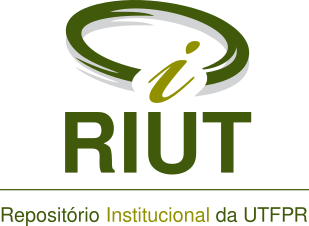Microbiological quality study of Apis mellifera honey produced in the Cerrado - MT
Resumo
Monitoring the microbiology of honey is necessary to ensure its final quality. The microbial contamination is a danger to public health, a major concern for the surveillance agency. The objective of this study was to evaluate the microbiological quality of honey produced in the cerrado region, Mato Grosso State. The apiary was installed in the town of Conquista D'Oeste city, a total of 30 boxes of honey covered with asbestos tile and exposed to the sun. The honey was collected in November of 2008. The physical and chemical analysis were carried out: moisture, total soluble solids (TSS) and pH. Microbiological analysis were: mesophilic bacteria facultative aerobic, yeast and mold, Staphylococcus, the most probable number (MPN) of coliforms at 35ºC and 45ºC, and the presence of Salmonella sp. The methods used followed the directions of the Normative Instruction no. 62, August 23, 2003 of Ministério da Agricultura, Pecuária e Abastecimento - MAPA. The pH value resulted in 3.80, SST at 81.5 and humidity at 17 %. Microbiological analysis showed no presence of Salmonella, Staphylococcus and yeast. The count of facultative aerobic bacteria was 5.0 x 101, the two groups of coliforms in NMP was <3.0, and 3.0 x 101 mold. The samples of honey studied showed appropriate microbiological quality.
DOI: http://dx.doi.org/10.14685/rebrapa.v1i1.5
Palavras-chave
Texto completo:
PDFDOI: 10.14685/rebrapa.v1i1.5
Apontamentos
- Não há apontamentos.
Direitos autorais





